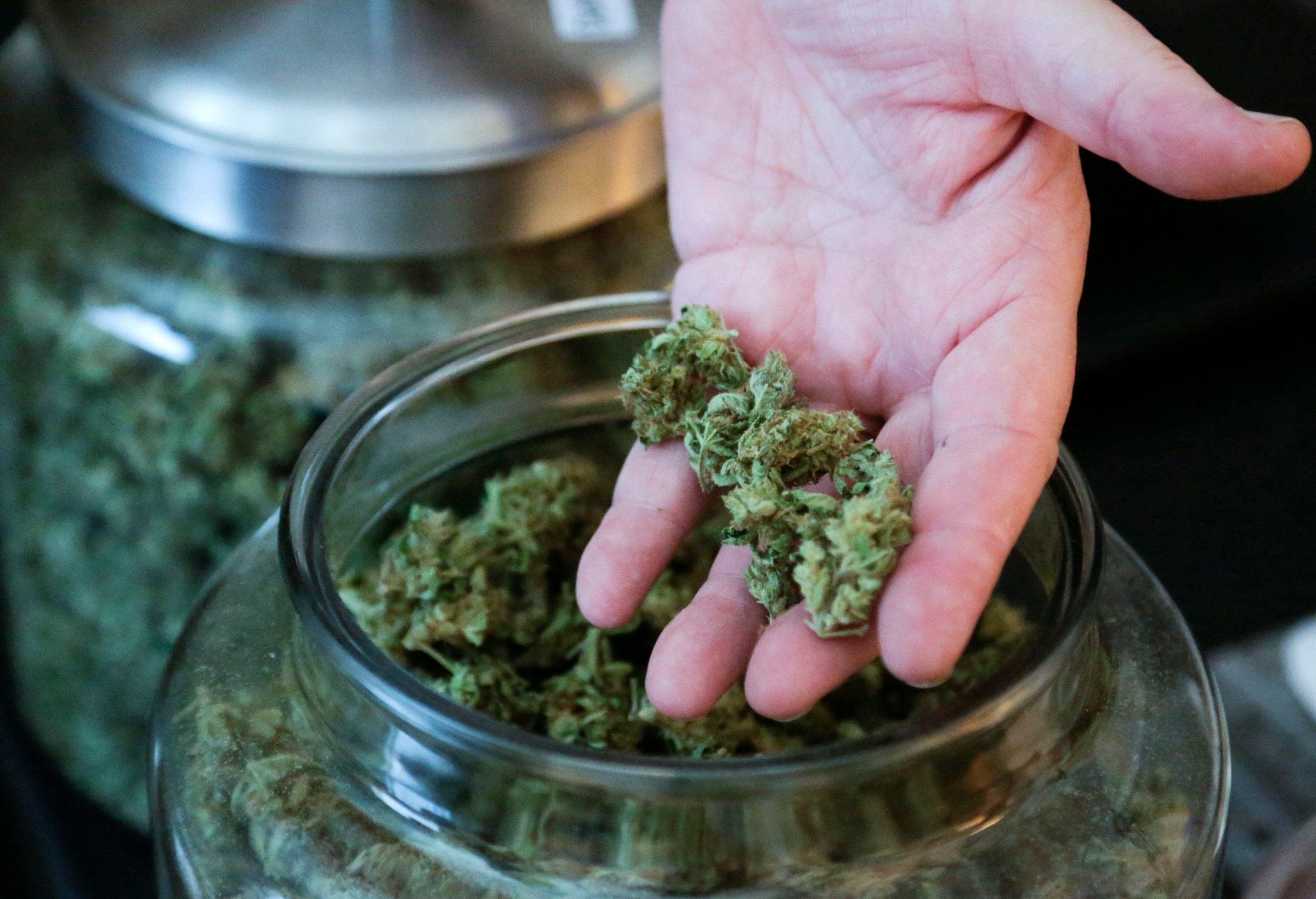
“You did it! Isn’t this amazing?” Oregon Rep. Earl Blumenauer said to a room full of supporters in Portland on Tuesday night after being reelected. But he wasn’t celebrating his own win, he was celebrating another victory for legal pot.
“You knew we could do better than the failed policy of prohibition,” Blumenauer said.
Voters in Oregon on Tuesday chose to follow Colorado and Washington state in passing a ballot measure that will create the country’s third legal market for recreational marijuana. Measure 91, which passed with 54% of the vote, makes it legal for residents 21 and older to possess and grow marijuana, and tasks the state liquor control commission with regulating the substance.
A similar proposal in Alaska passed early Wednesday morning, making it the fourth state to legalize retail pot. “The results are in, and marijuana prohibition is on its way out,” Rob Kampia, executive director of legalization advocacy group the Marijuana Policy Project, said in a statement. Advocates like Kampia celebrated the results as setting the stage for even bigger legalization battles in 2016, particularly in California.
Legalization advocates also won a victory in Washington, D.C. With nearly 70% of the vote in favor, residents in the nation’s capital adopted what some industry experts call a “soft legalization” measure. While the District won’t have a regulated market like Oregon, it’s now legal for residents 21 and older to possess up to 2 oz. of marijuana and cultivate up to six plants at home, as well as give 1 oz. of marijuana to someone else, without payment. Selling pot is still not allowed.
The D.C. news comes with caveats for residents ready to celebrate: the new rules apply only to those who live in the three-quarters of D.C. that is not on federal land, where the substance remains verboten. Congress also has the power to step in and supersede the actions of D.C. officials.
Guam became the first U.S. territory to legalize medical marijuana, joining the District of Columbia and 23 states. But legalization advocates lost their battle for a similar proposal in Florida. After deep-pocketed advocates on both sides spent millions, the measure to legalize medical pot got 57% of the vote but needed 60% to pass. Big spenders like casino magnate Sheldon Adelson, who shelled out $98 million in the 2012 elections, donated roughly $5 million to defeat the measure. For now, this bellwether remains more purple than green.
South Portland, Maine, legalized marijuana in a somewhat symbolic vote, while voters in Lewiston, Maine, shot down a similar proposal. The measure makes it legal for residents to possess up to 1 oz. of marijuana, though consuming or displaying weed in public remains illegal. More important, the drug remains illegal on a state and federal level, and the measure did not address taxation or regulation of a legalized market. Portland, Maine’s largest city, passed a similar measure in 2013.
See Where America Votes
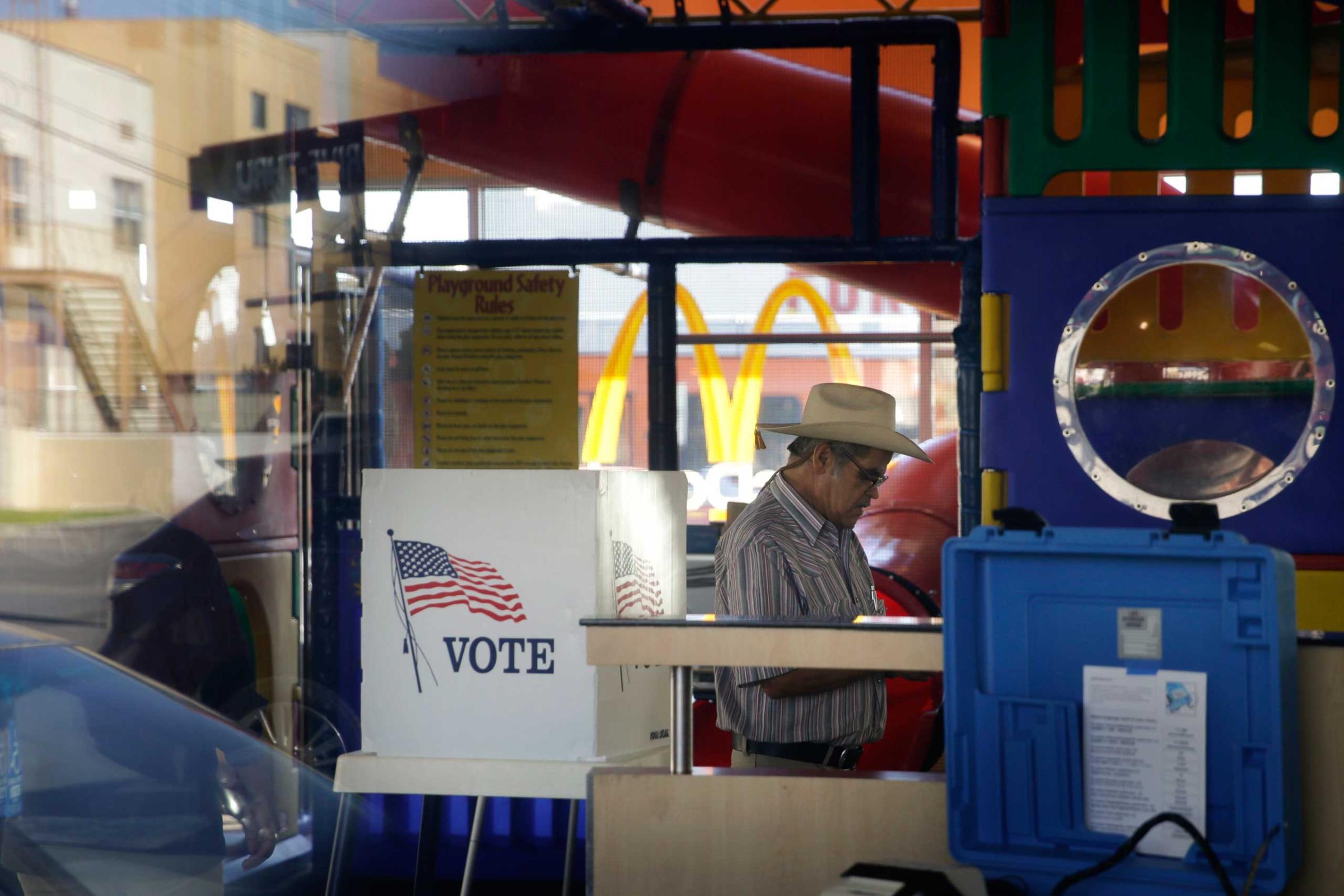
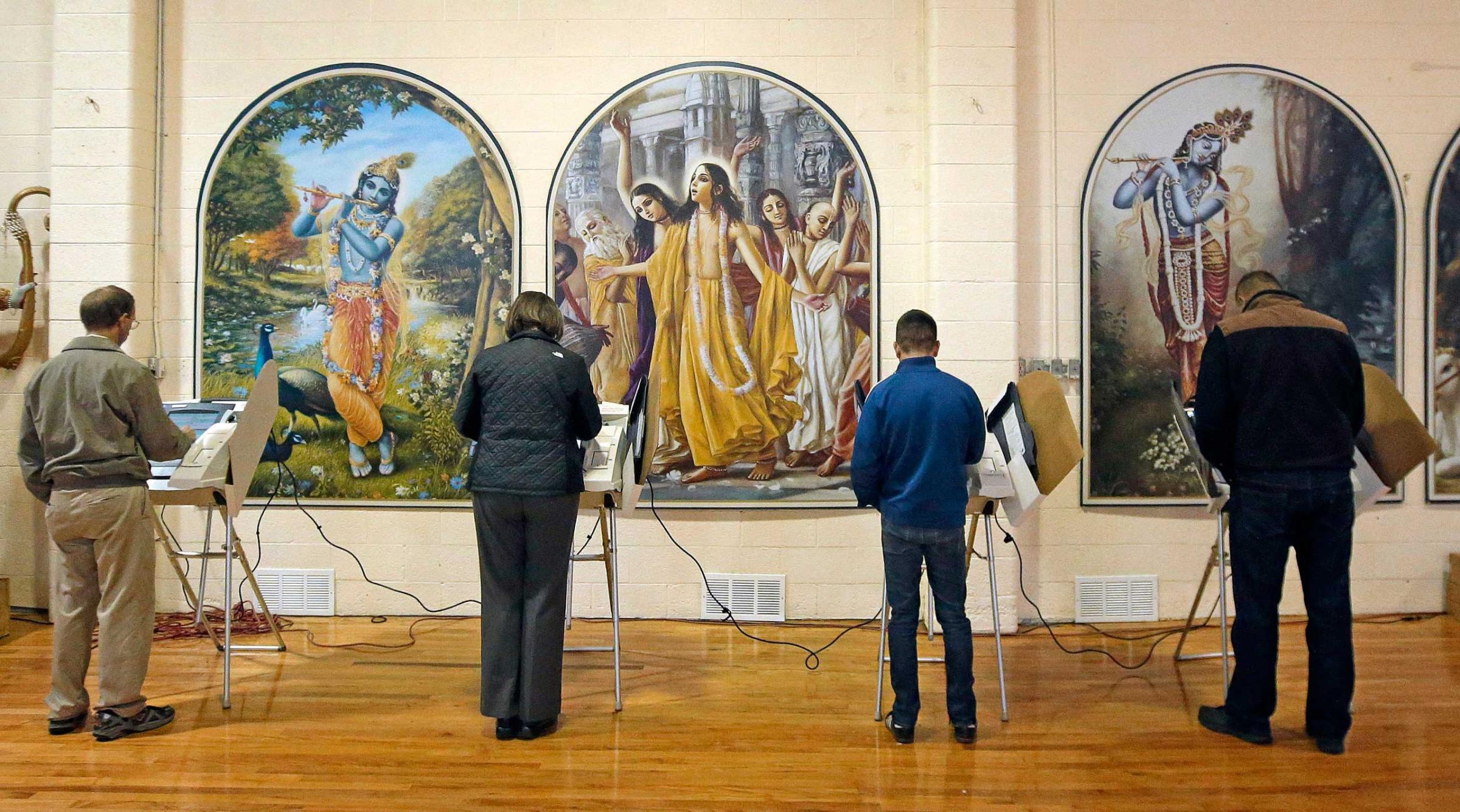

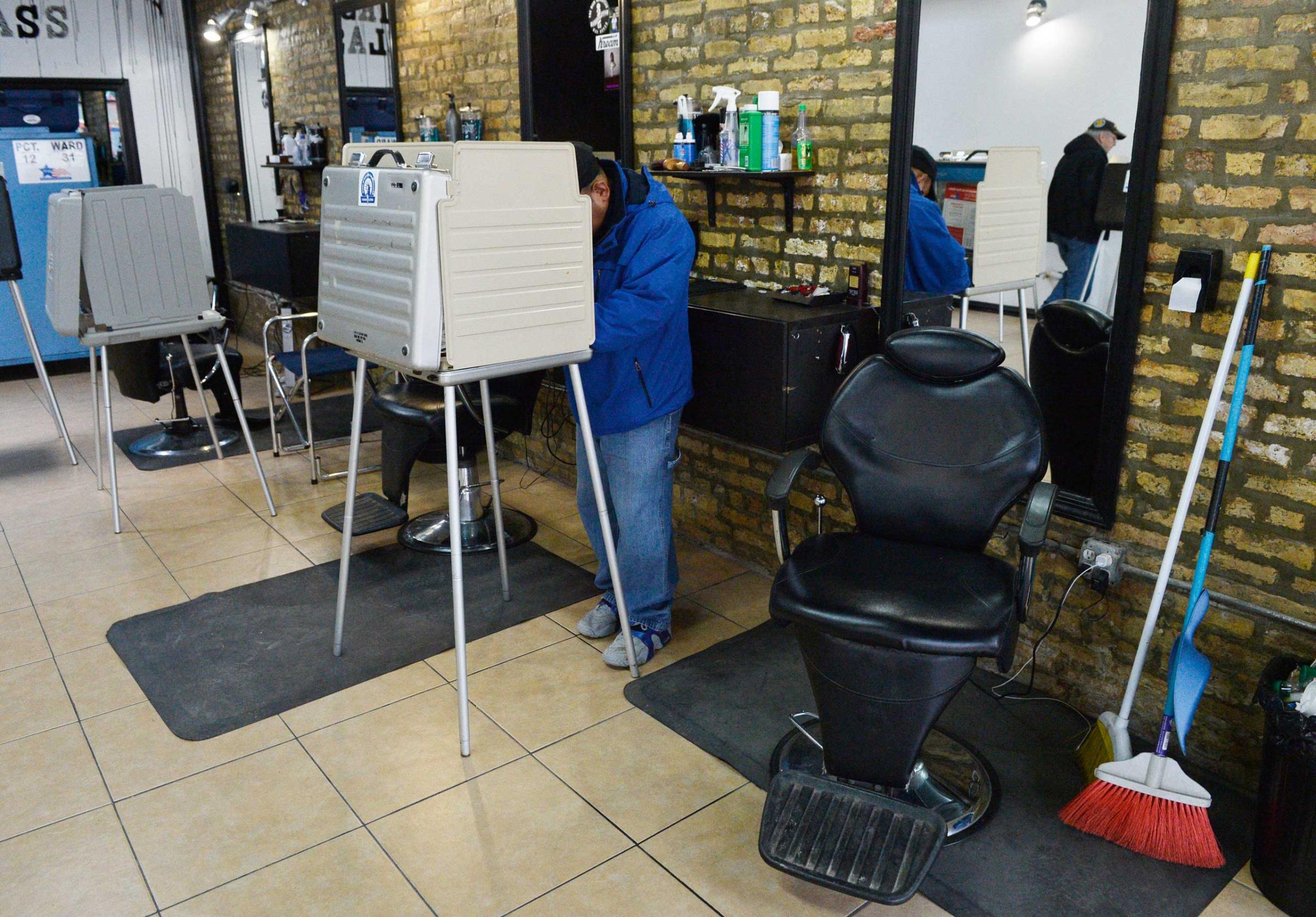
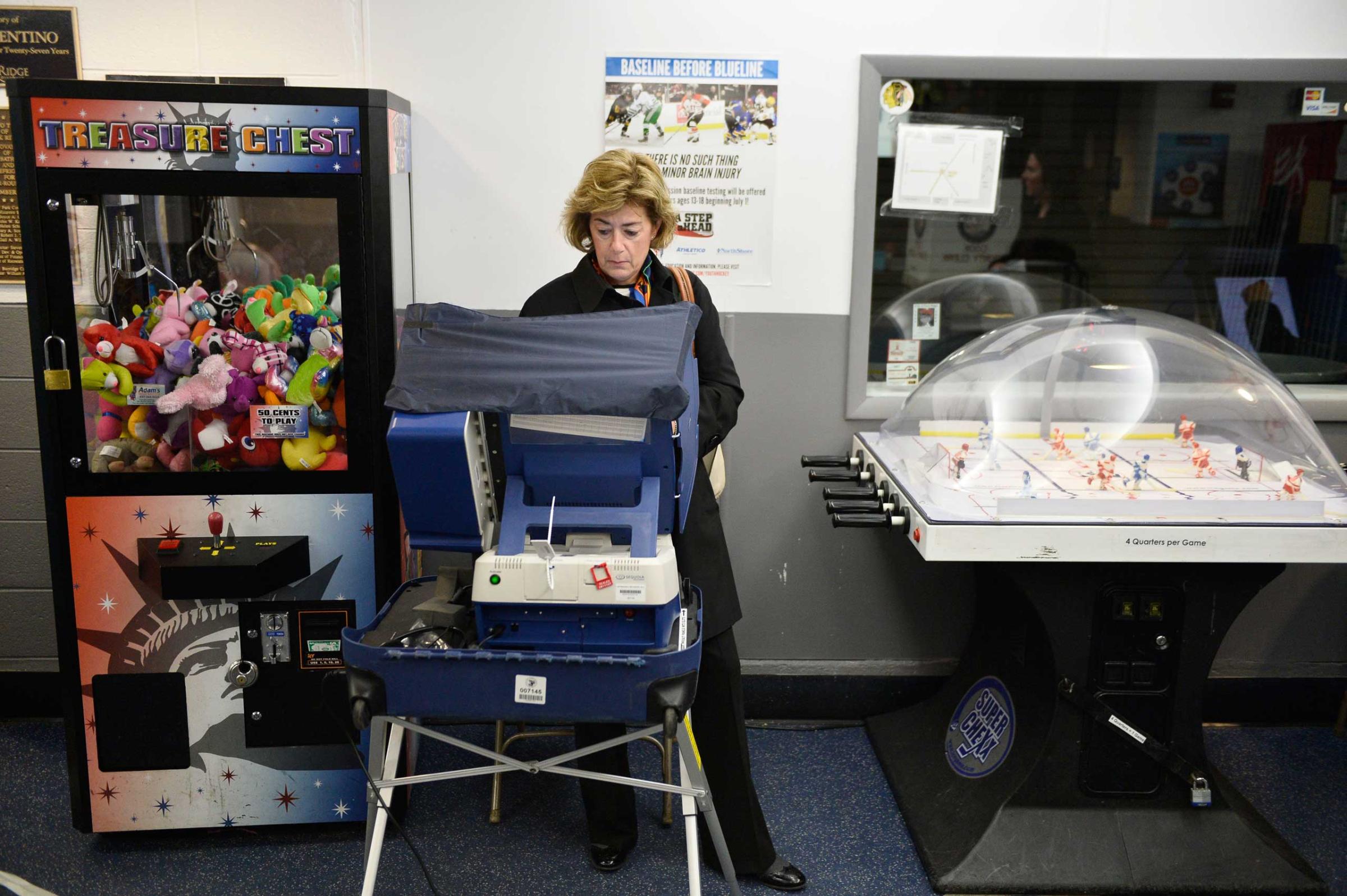
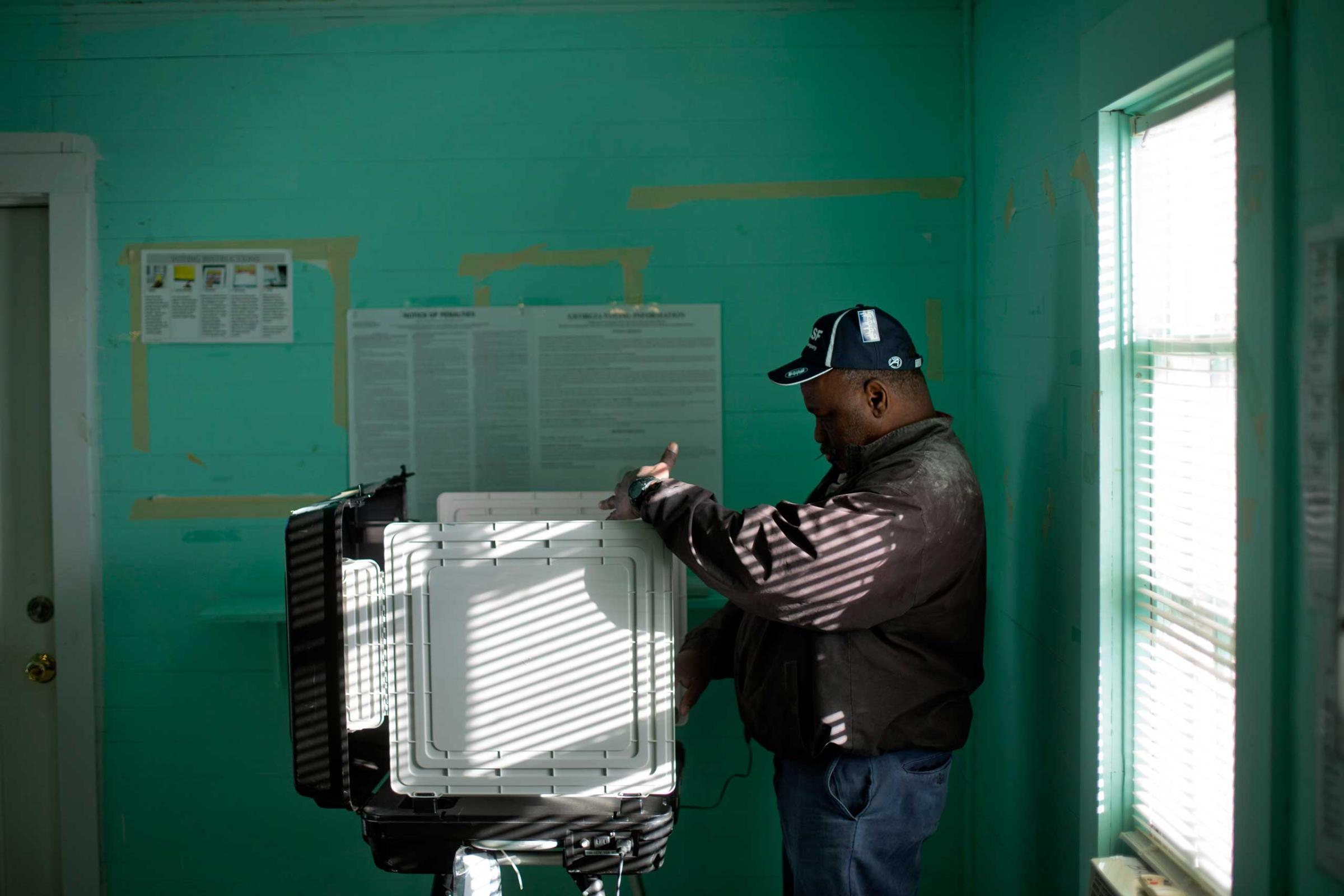
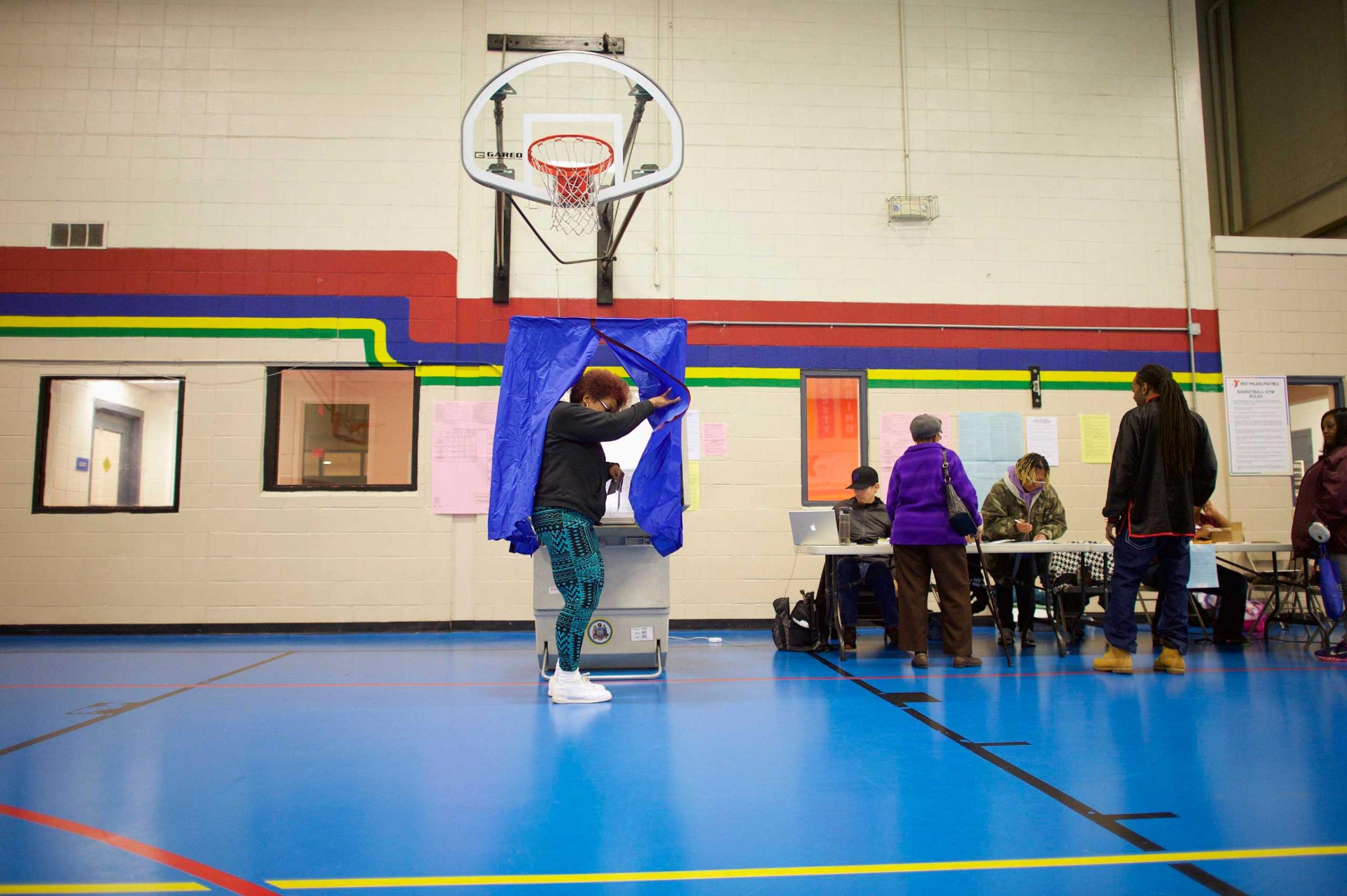
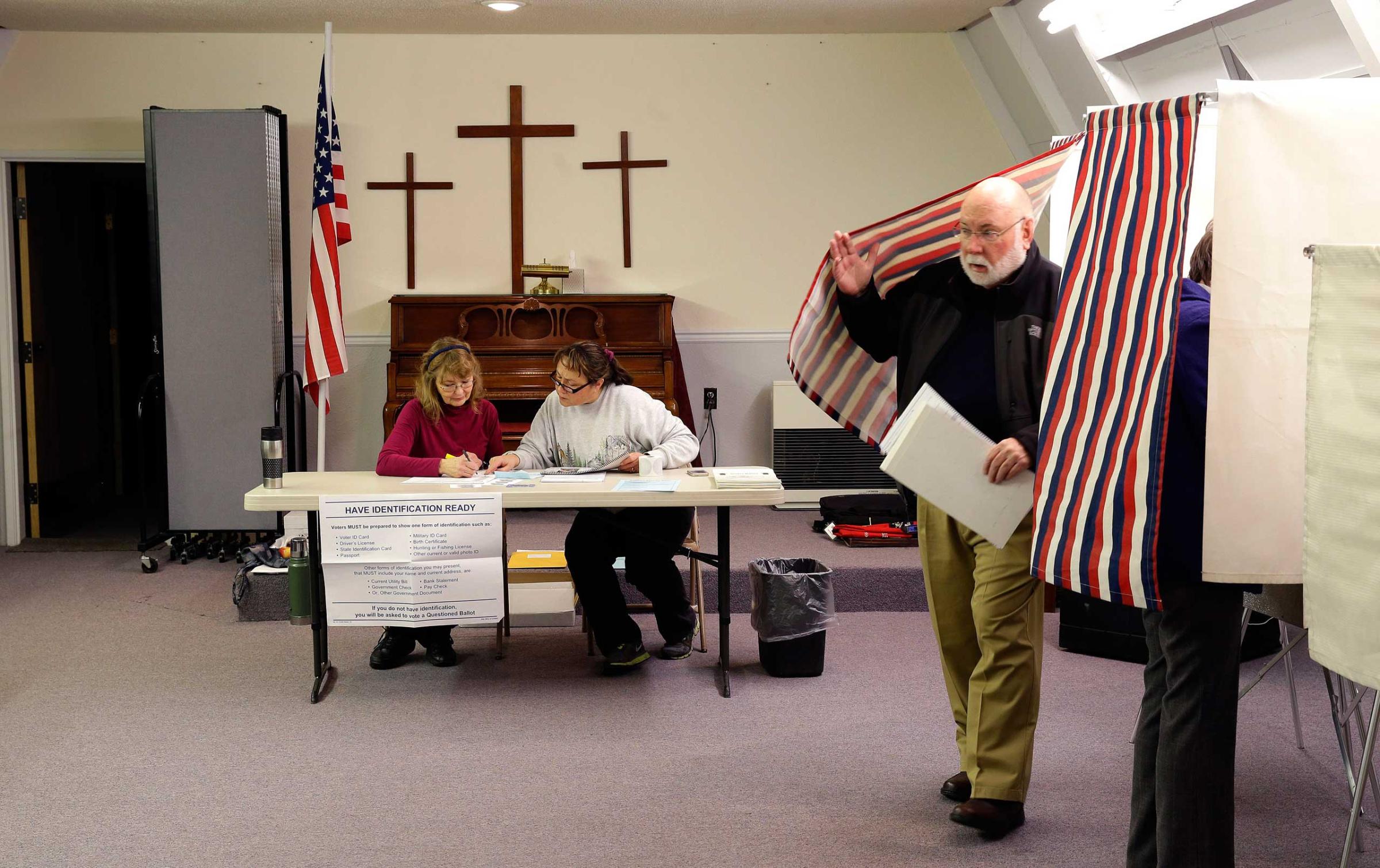
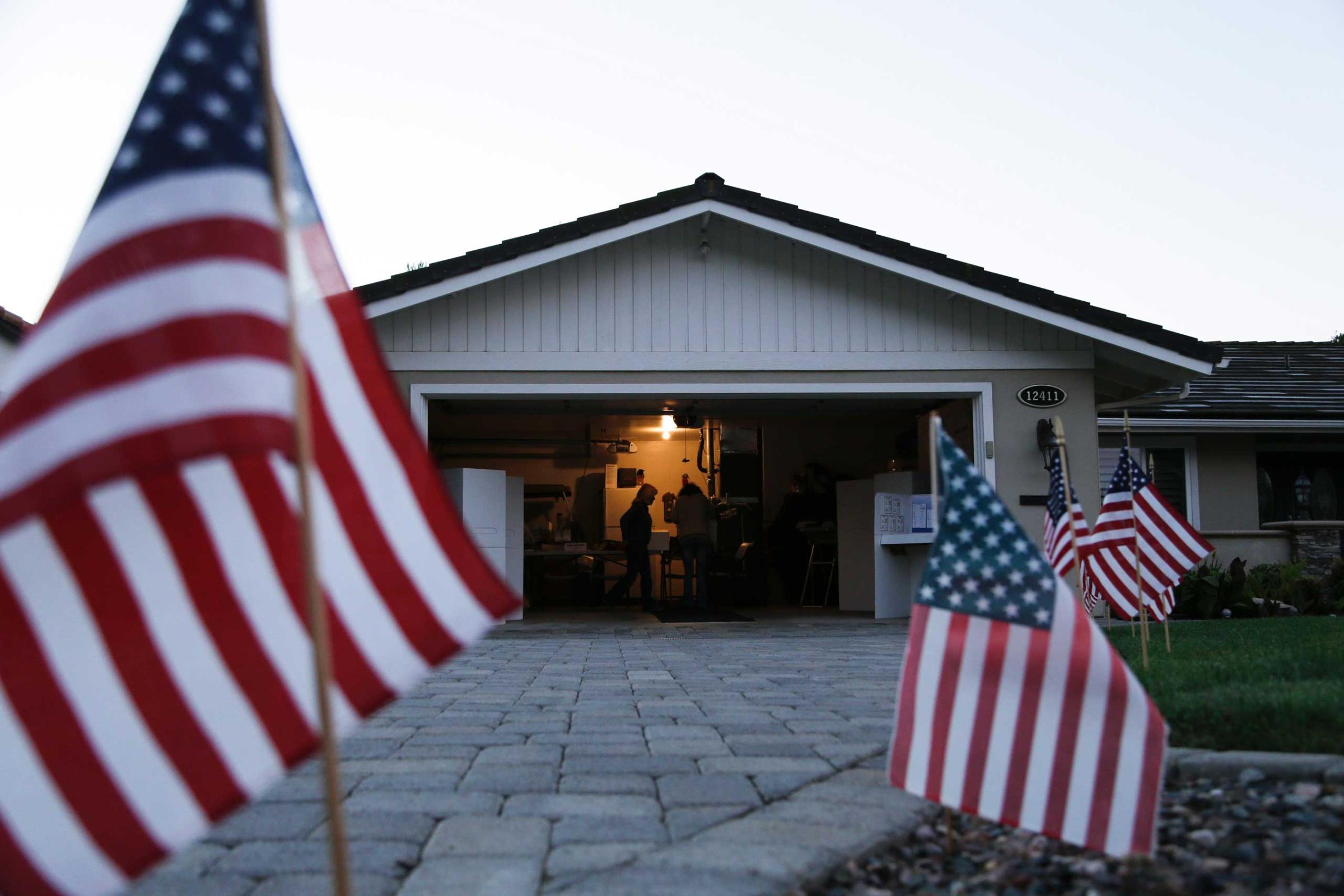
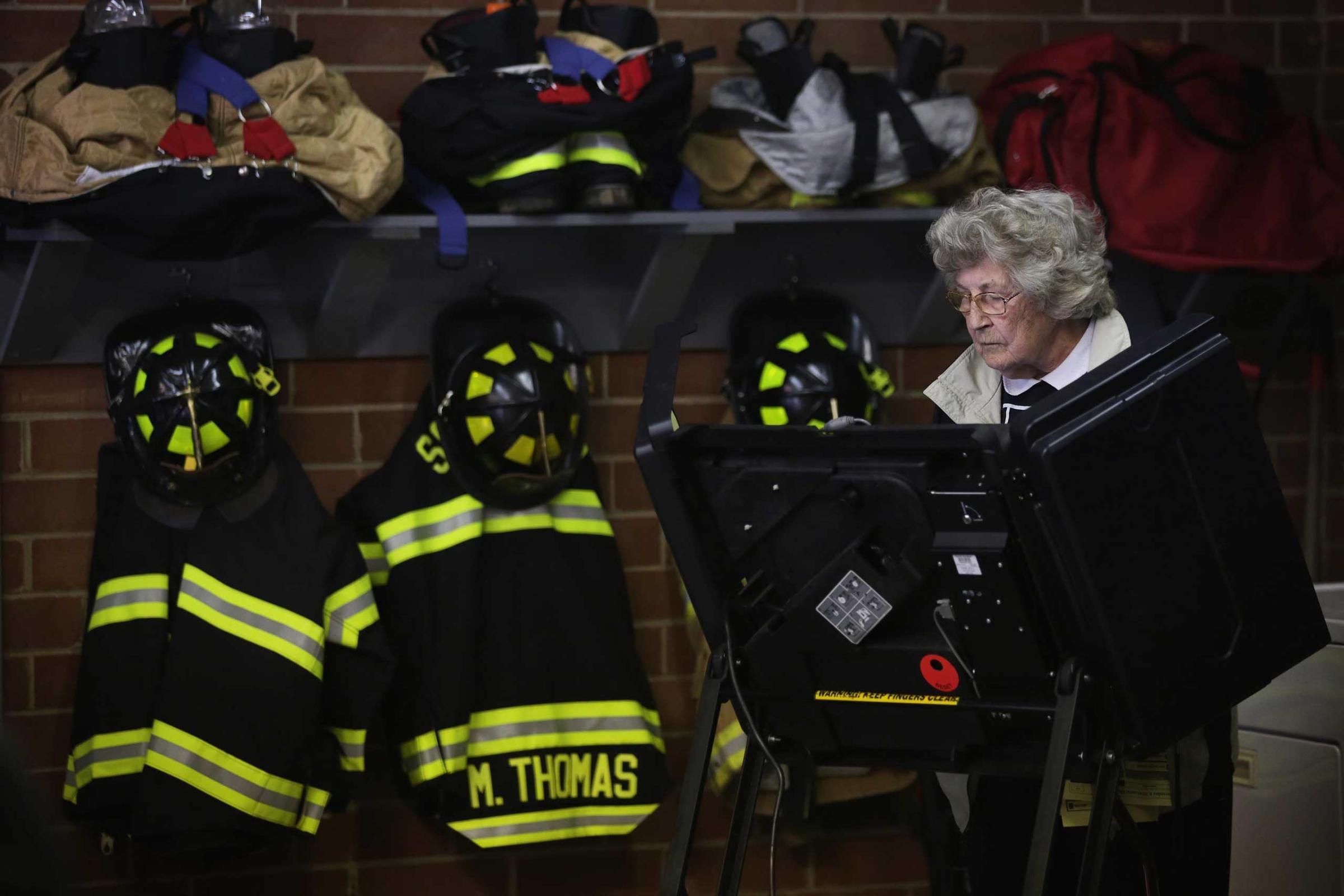
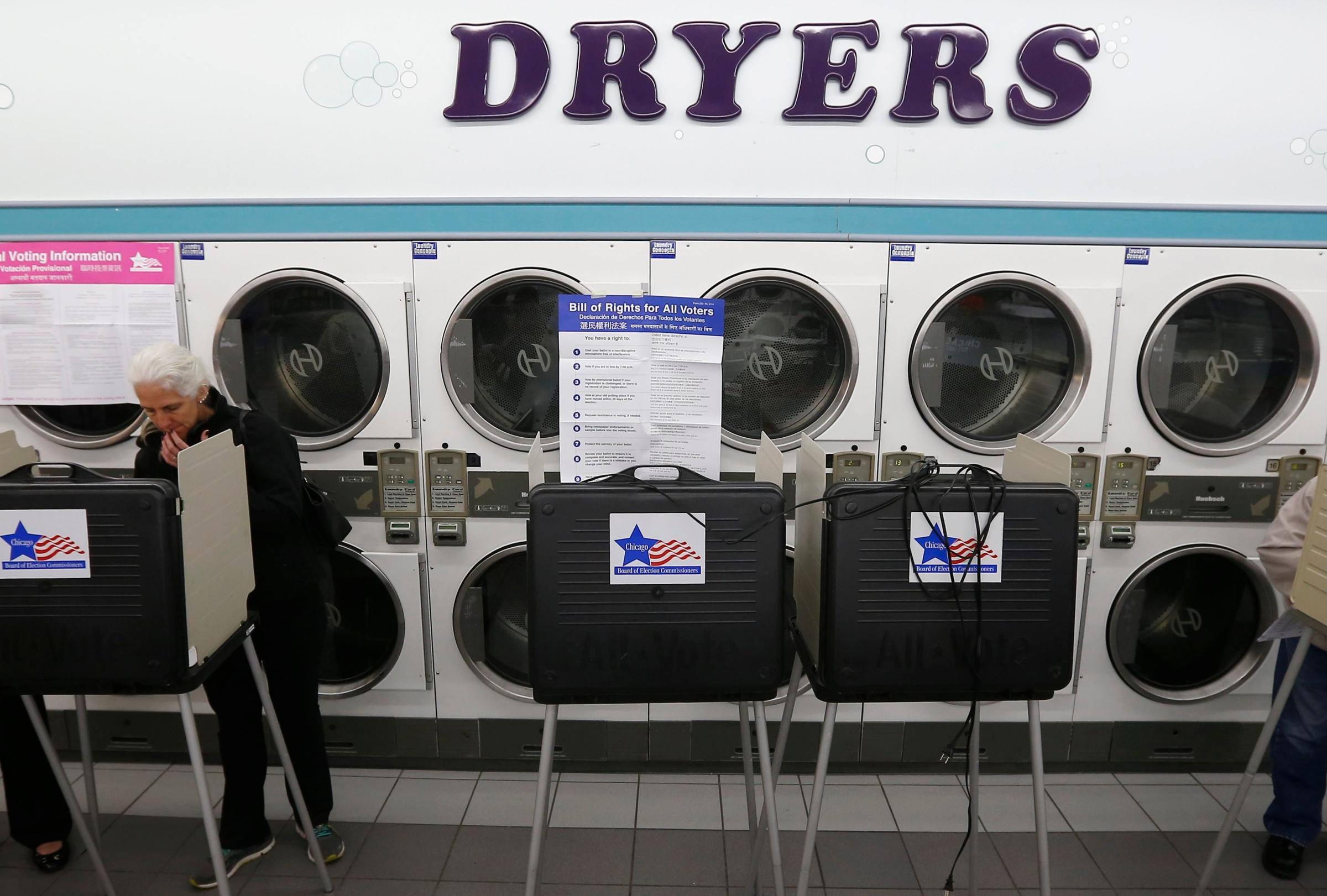
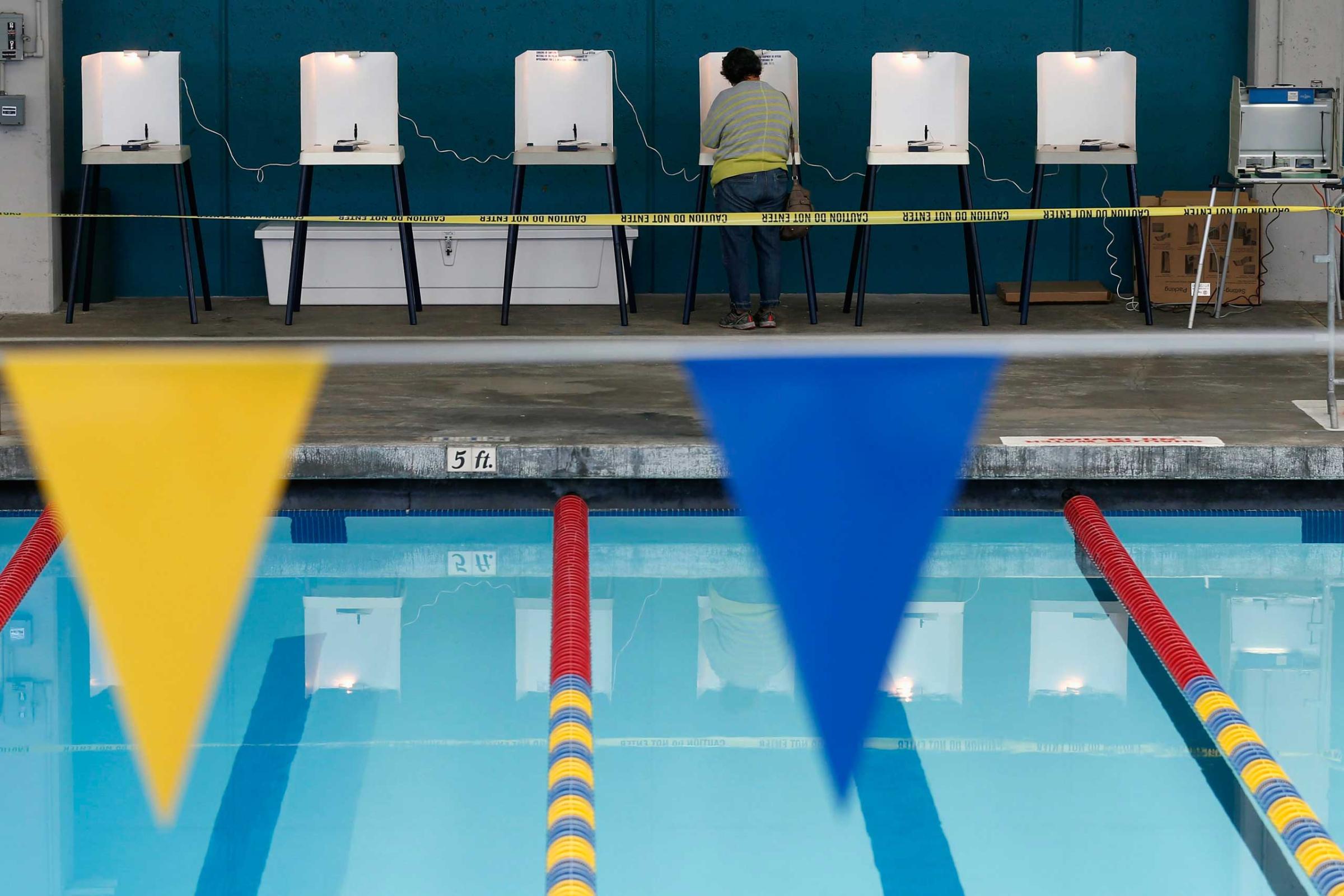
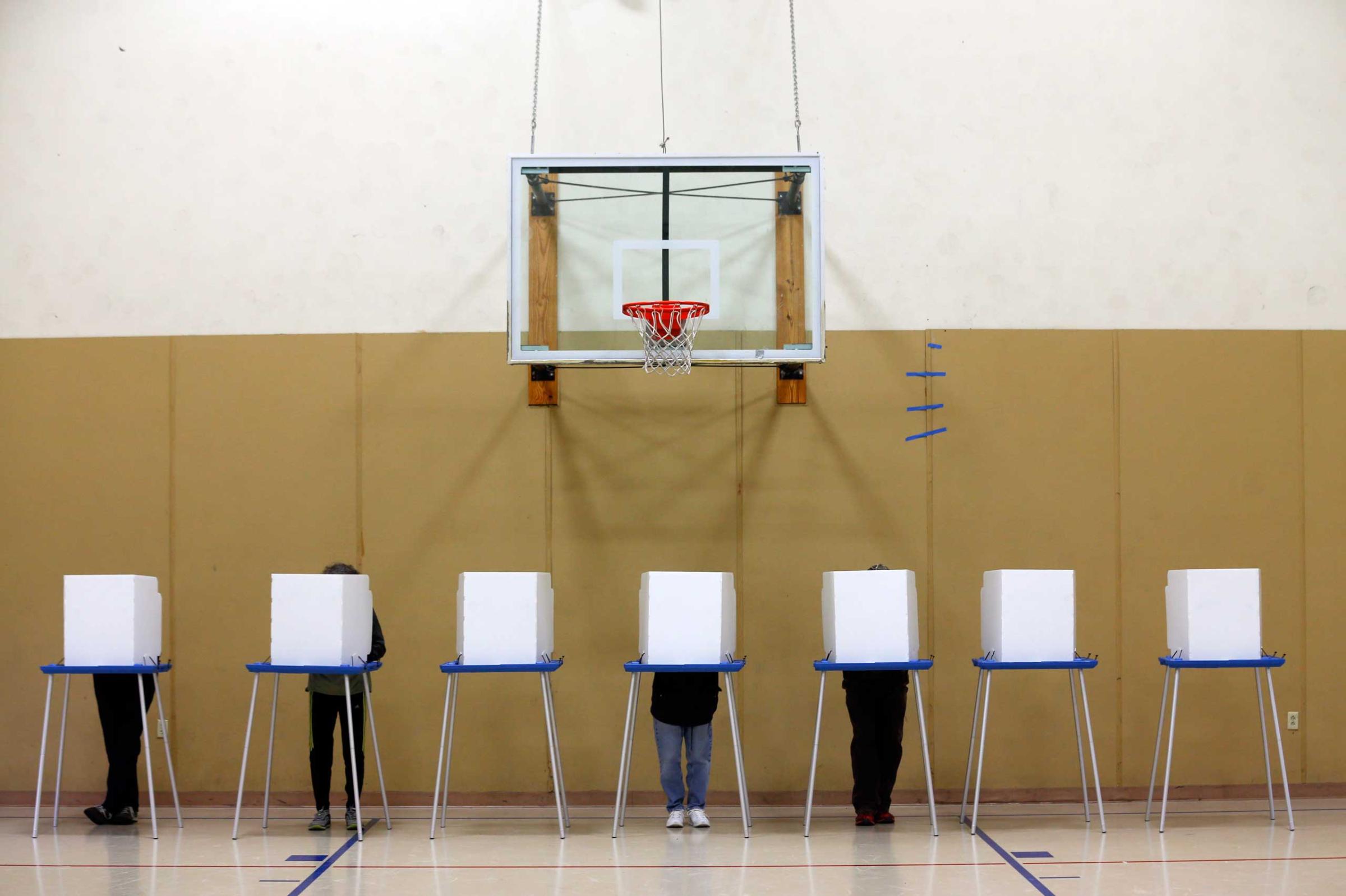
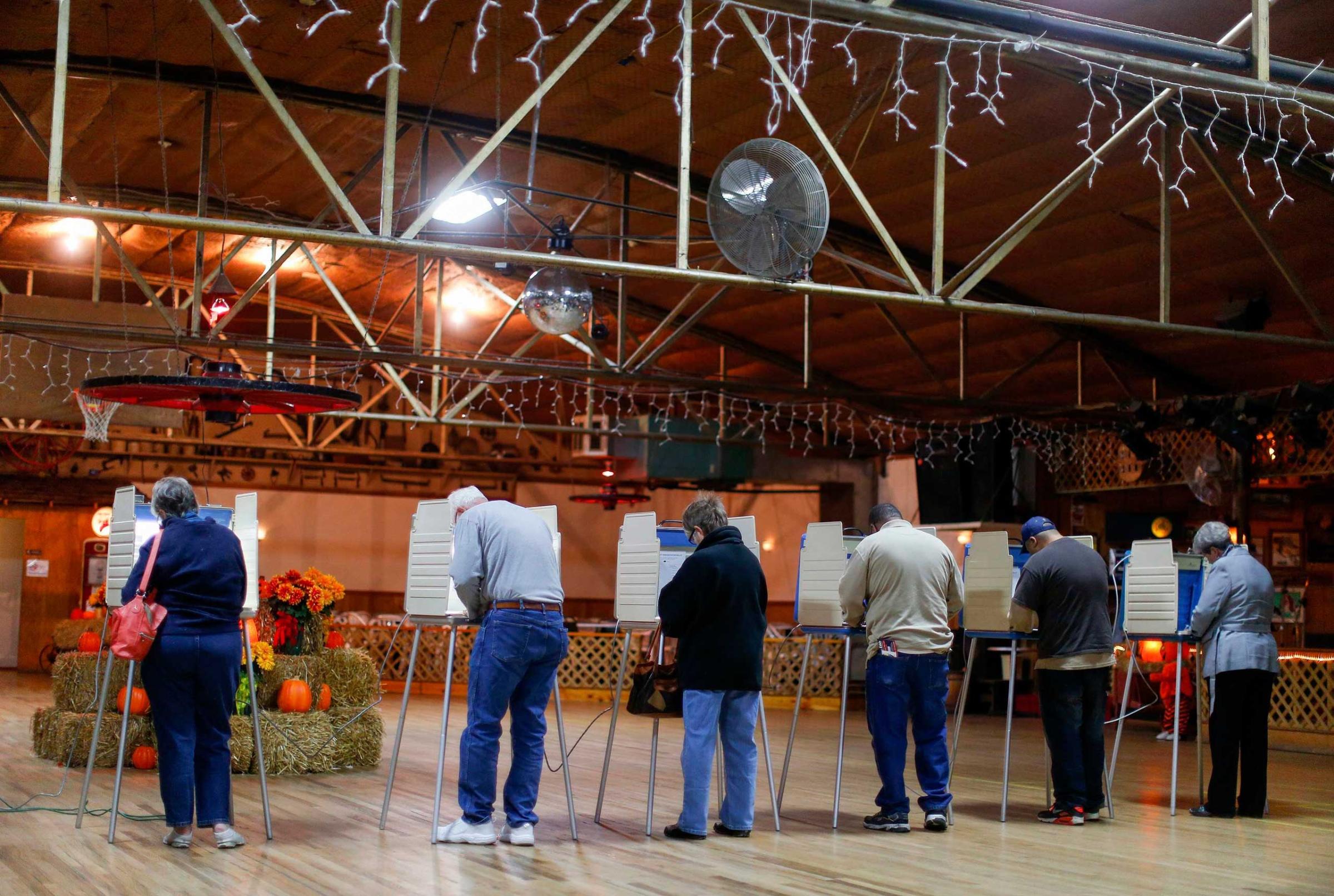
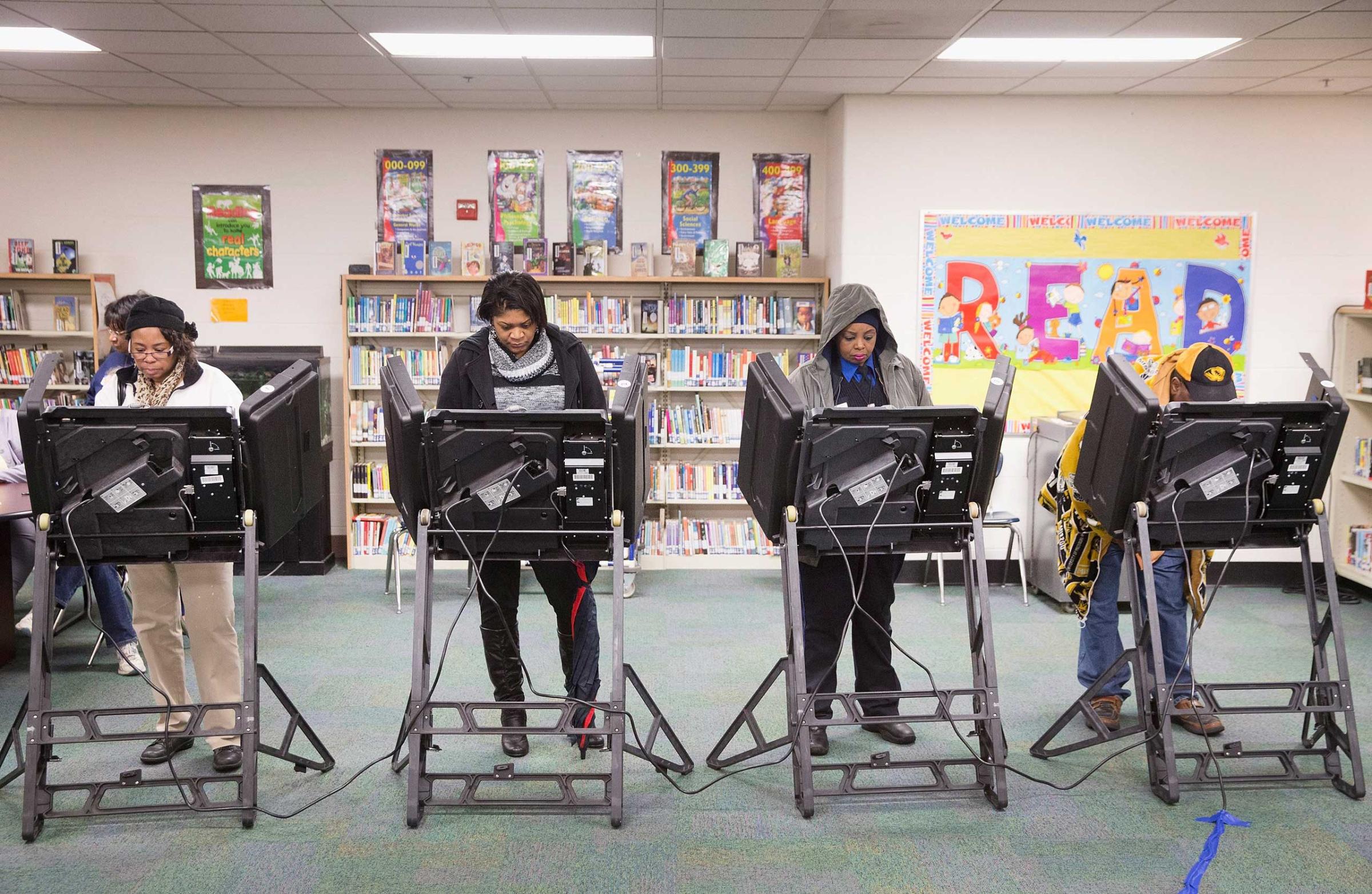
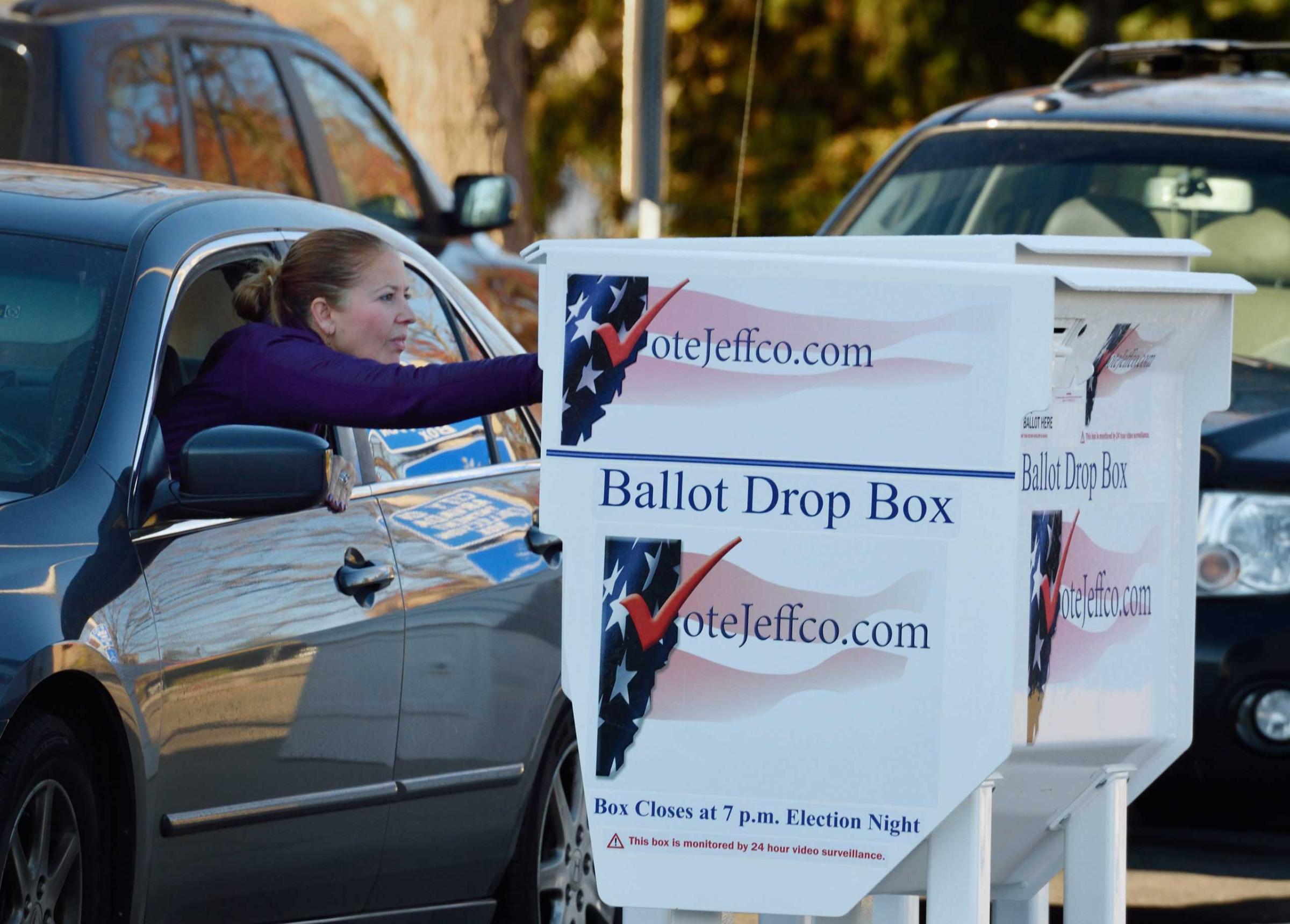
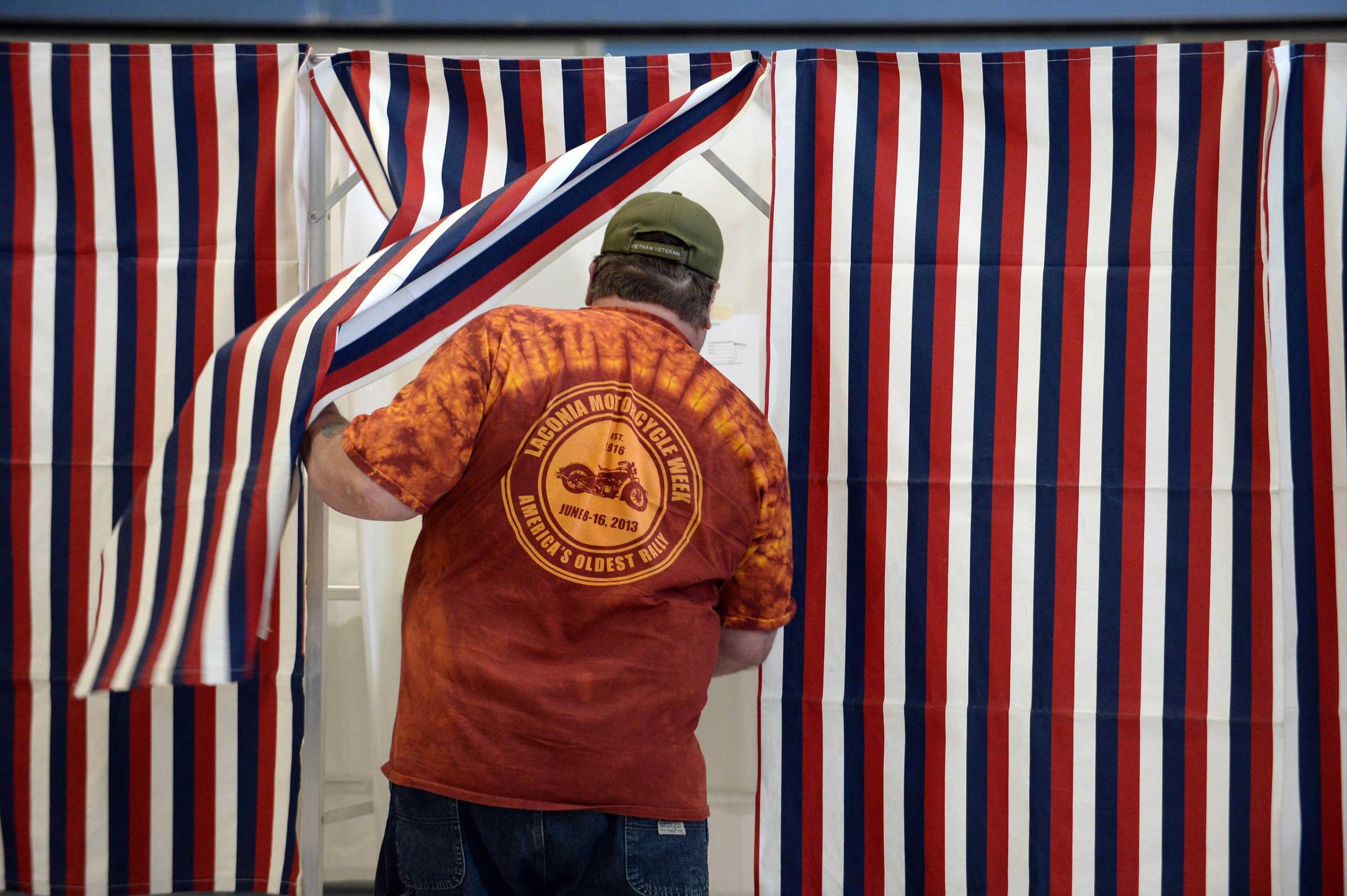
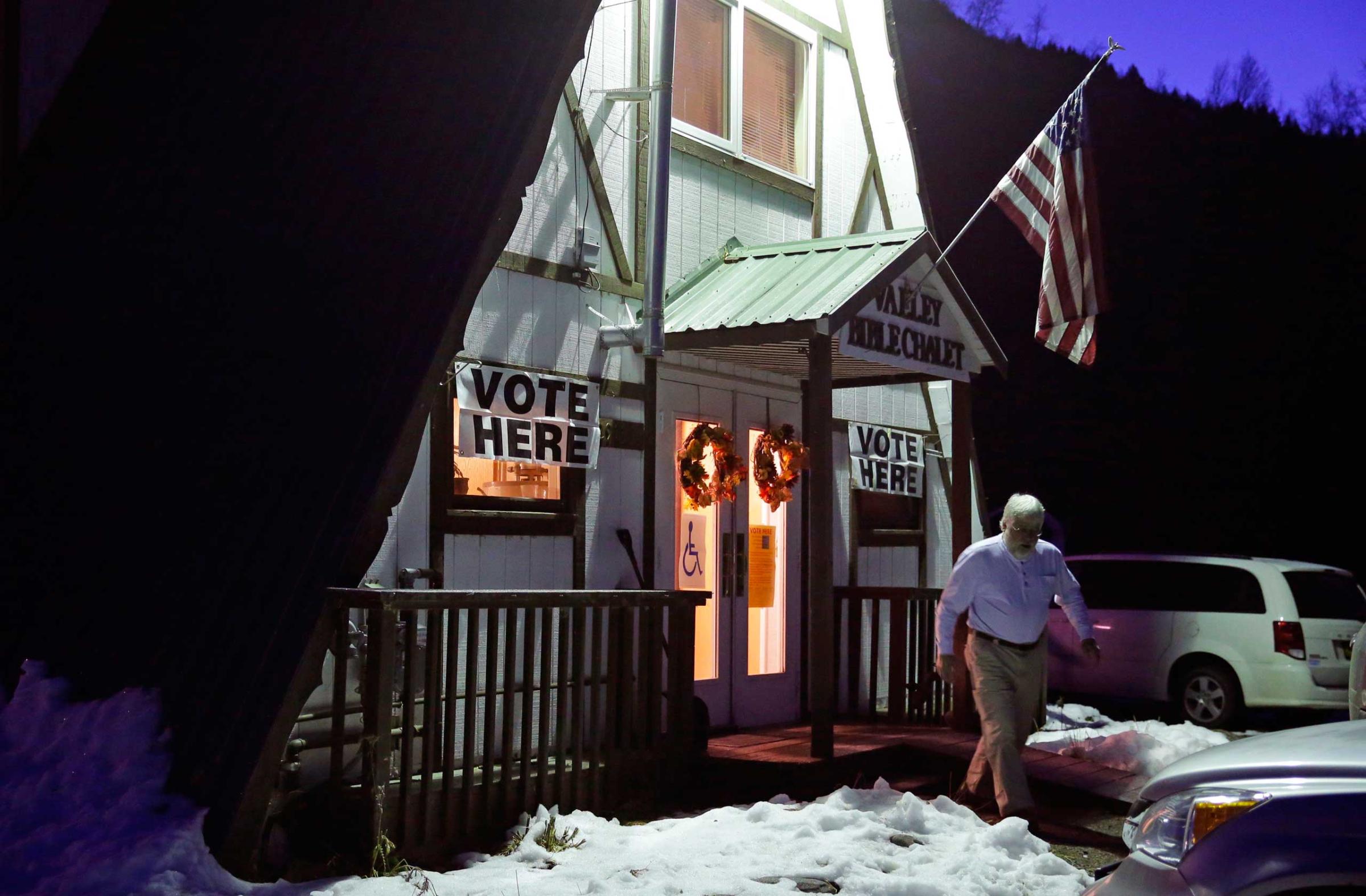
More Must-Reads from TIME
- Donald Trump Is TIME's 2024 Person of the Year
- Why We Chose Trump as Person of the Year
- Is Intermittent Fasting Good or Bad for You?
- The 100 Must-Read Books of 2024
- The 20 Best Christmas TV Episodes
- Column: If Optimism Feels Ridiculous Now, Try Hope
- The Future of Climate Action Is Trade Policy
- Merle Bombardieri Is Helping People Make the Baby Decision
Contact us at letters@time.com